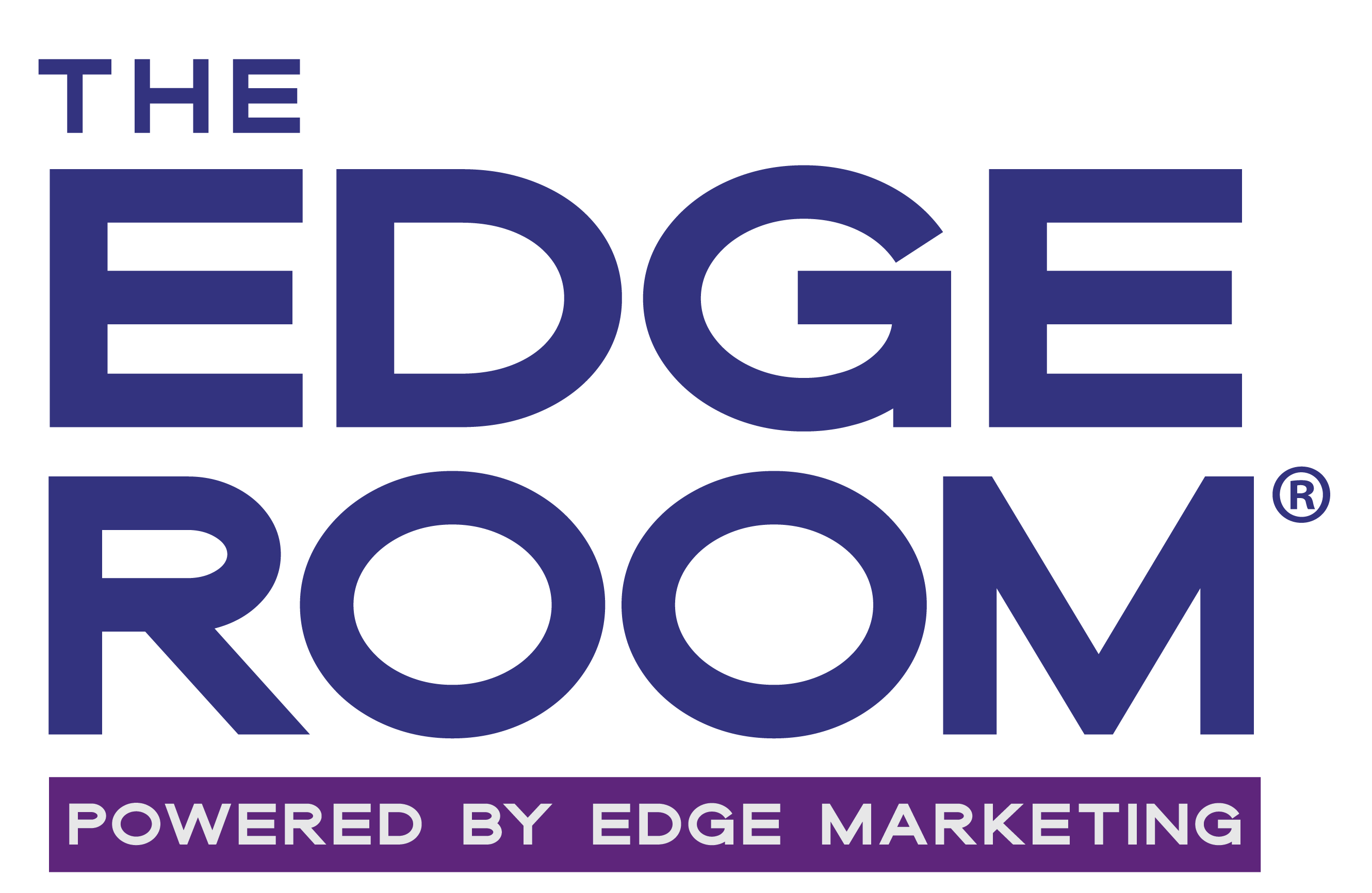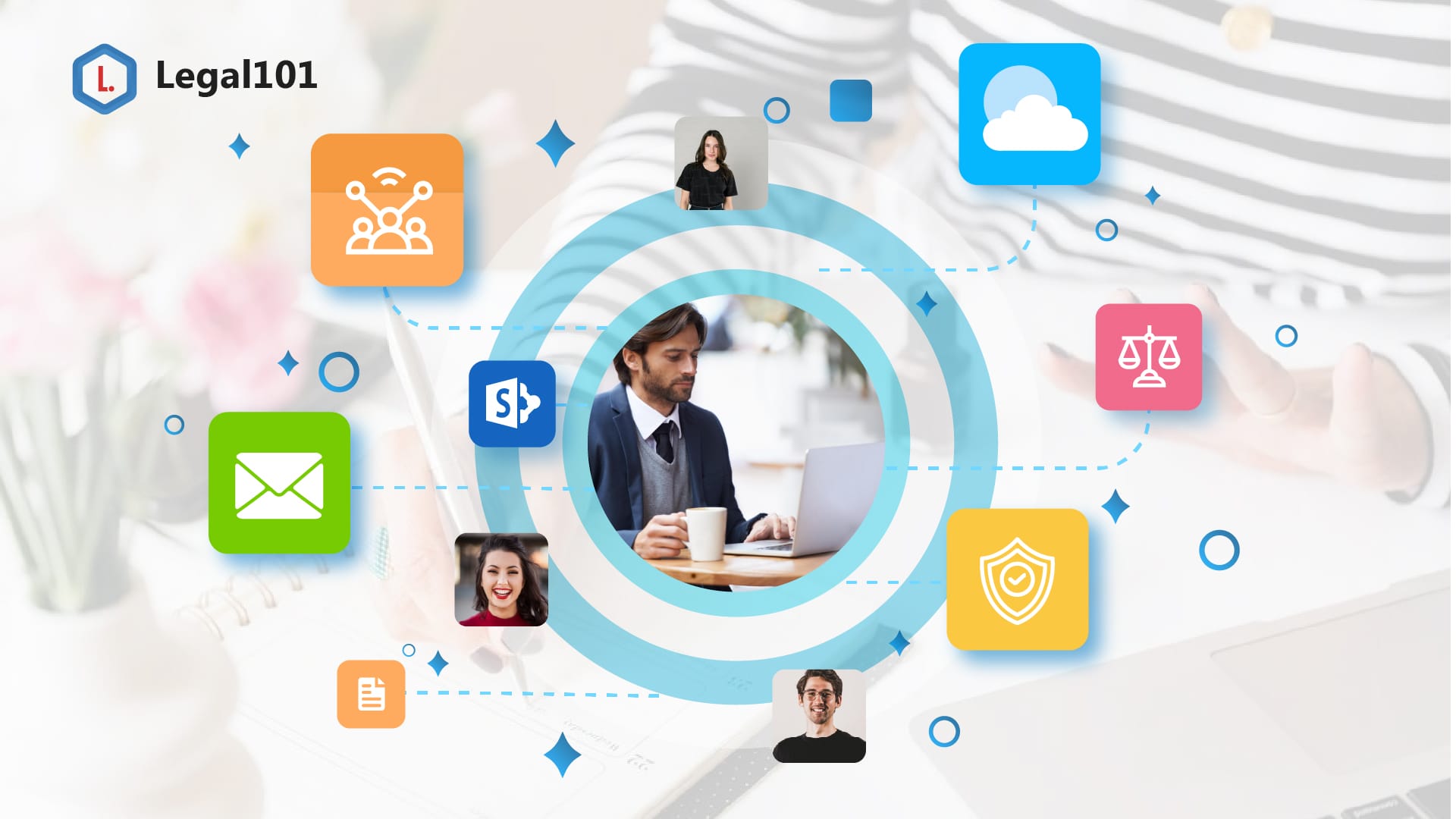The legal industry is undergoing rapid transformation, driven by technological advancements, evolving client demands and the need for greater efficiency and cost-effectiveness. In this landscape, the CLOC Global Institute (CGI) remains as a pivotal force, bringing together more than 2,300 legal professionals and 113 exhibitors.
The CLOC Global Institute 2024, themed “Recharge: Embracing Experimentation in Legal Ops,” convened against the backdrop of unprecedented change, a push toward Legal Ops 3.0 and several key themes emerging from the discussions and sessions:
Technology Integration and Innovation
Technology continues to revolutionize the practice of law, and legal operations are no exception. From AI-powered contract analysis to blockchain-based smart contracts, CGI speakers explored cutting-edge technologies and their implications for legal operations professionals. Sessions delved into best practices for implementing new technologies, managing data privacy and security concerns and maximizing the value of legal tech investments.
Data-Driven Decision Making
Data has become a cornerstone of effective legal operations, enabling professionals to make informed decisions, optimize processes and demonstrate value to key stakeholders. At the CGI, experts shared strategies for leveraging data analytics, metrics and KPIs to drive operational efficiency, manage risk and enhance performance across the legal department.
Agile Workflows and Process Optimization
In today’s fast-paced business environment, agility is essential for legal operations teams to respond quickly to changing priorities and deliver results efficiently. Sessions at CGI explored agile methodologies, process automation and workflow optimization techniques designed to streamline operations, eliminate bottlenecks and empower legal professionals to work smarter, not harder.
Strategic Partnerships and Collaboration
Collaboration has become increasingly important for legal operations professionals, who must work closely with internal and external stakeholders to achieve organizational objectives. The CGI provided a platform for attendees to network, share insights and forge strategic partnerships with peers, service providers and technology vendors. CGI’s unique Braindate offering was a huge success where attendees could meet new people and share solutions and ideas.
Talent Development and Diversity and Wellness
Building a diverse and inclusive workforce is critical for the long-term success of legal operations teams. Sessions at the CGI addressed topics such as talent acquisition, retention and development, as well as strategies for promoting diversity, equity and inclusion within the legal profession. The conference also had an intentional focus on wellness with an entire ballroom dedicated to wellness and wellness activities throughout the week, including guided meditation which was fabulous.
Key Takeaways
- Embrace Technology: Legal operations professionals must embrace technology as a catalyst for innovation and efficiency, leveraging tools such as AI, automation and analytics to optimize processes and deliver value.
- Harness the Power of Data: Data-driven decision-making is essential for driving strategic insights and improving performance across the legal department. Legal operations teams should invest in robust data analytics capabilities and establish clear metrics for measuring success.
- Prioritize Collaboration: Collaboration is key to success in legal operations, enabling teams to leverage diverse perspectives, skills and resources to achieve common goals. Building strong partnerships with internal and external stakeholders is essential for driving innovation and delivering results.
- Invest in Talent and Diversity and Wellness: Investing in talent development and promoting diversity and inclusion are critical for building high-performing legal operations teams. By fostering a culture of learning, growth and belonging, organizations can attract and retain top talent and drive innovation and excellence in the legal profession.
The CLOC Global Institute 2024 showcased the leading edge of legal operations, highlighting the transformative power of technology, data, collaboration, and diversity. As legal departments continue to evolve and adapt to the demands of the digital age, embracing these key themes will be essential for driving innovation, efficiency and success in the years to come.








